Affiliate links on Android Authority may earn us a commission. Learn more.
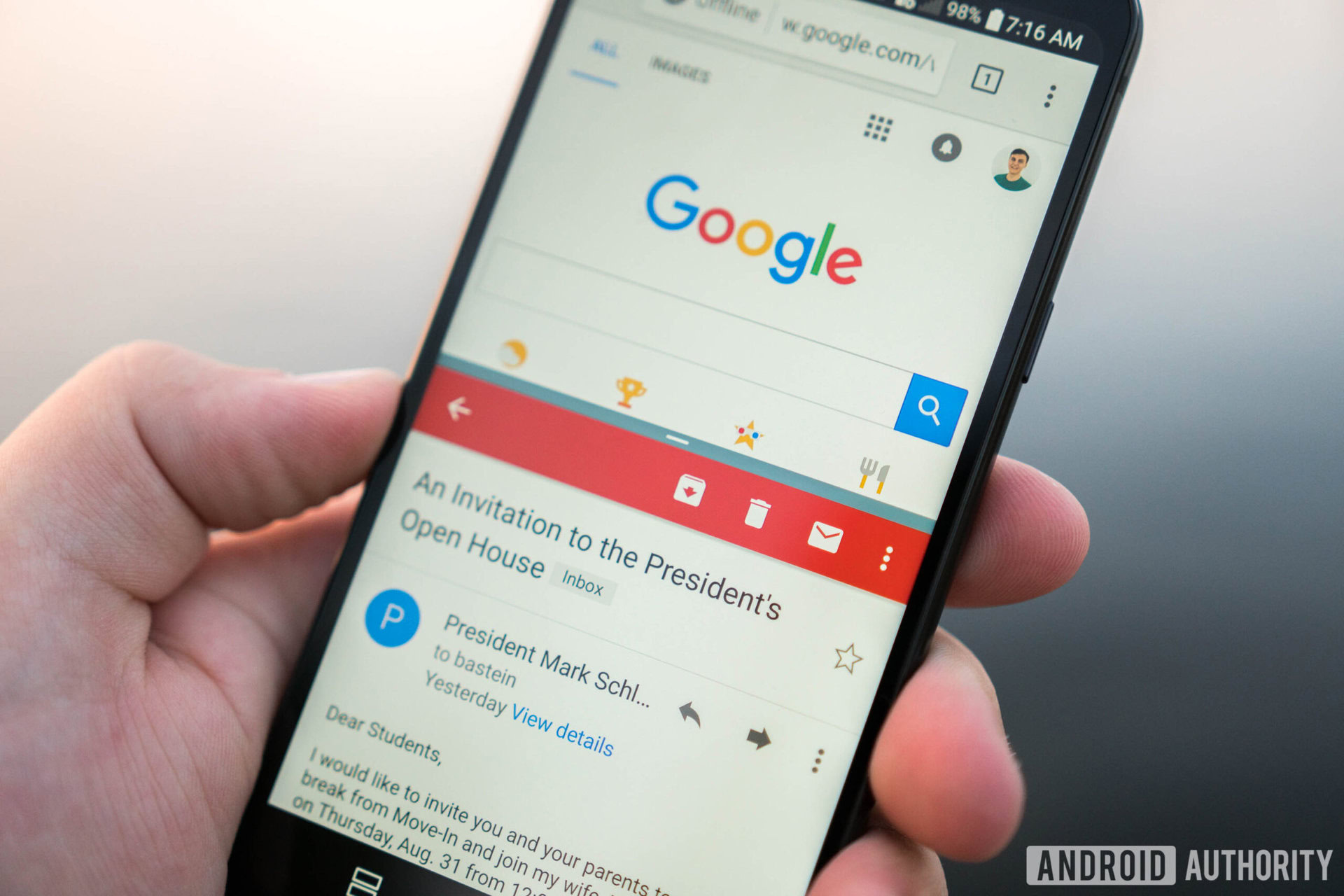
LG Q6 review - budget beauty
Published onSeptember 7, 2017
LG Q6
What we like
What we don't like
Our scores
LG Q6
For the past few years, Chinese manufactures have dominated the low-end smartphone market. The fierce competition between manufacturers such as Xiaomi, Motorola, and Lenovo has had a very positive effect on consumers. As the number of options available for those on a budget has rapidly increased, so has the amount of value each of those options offers.
Unfortunately, this amount of increased competition has also resulted in more risk aversion. This has made cheap phones today feel predictable and somewhat stale. For example, it’s not difficult to imagine what the Xiaomi Redmi Note 5 will bring. While we can appreciate a few spec bumps and slightly newer software, the present feeling of complacency can make phones in this segment feel a tad boring.
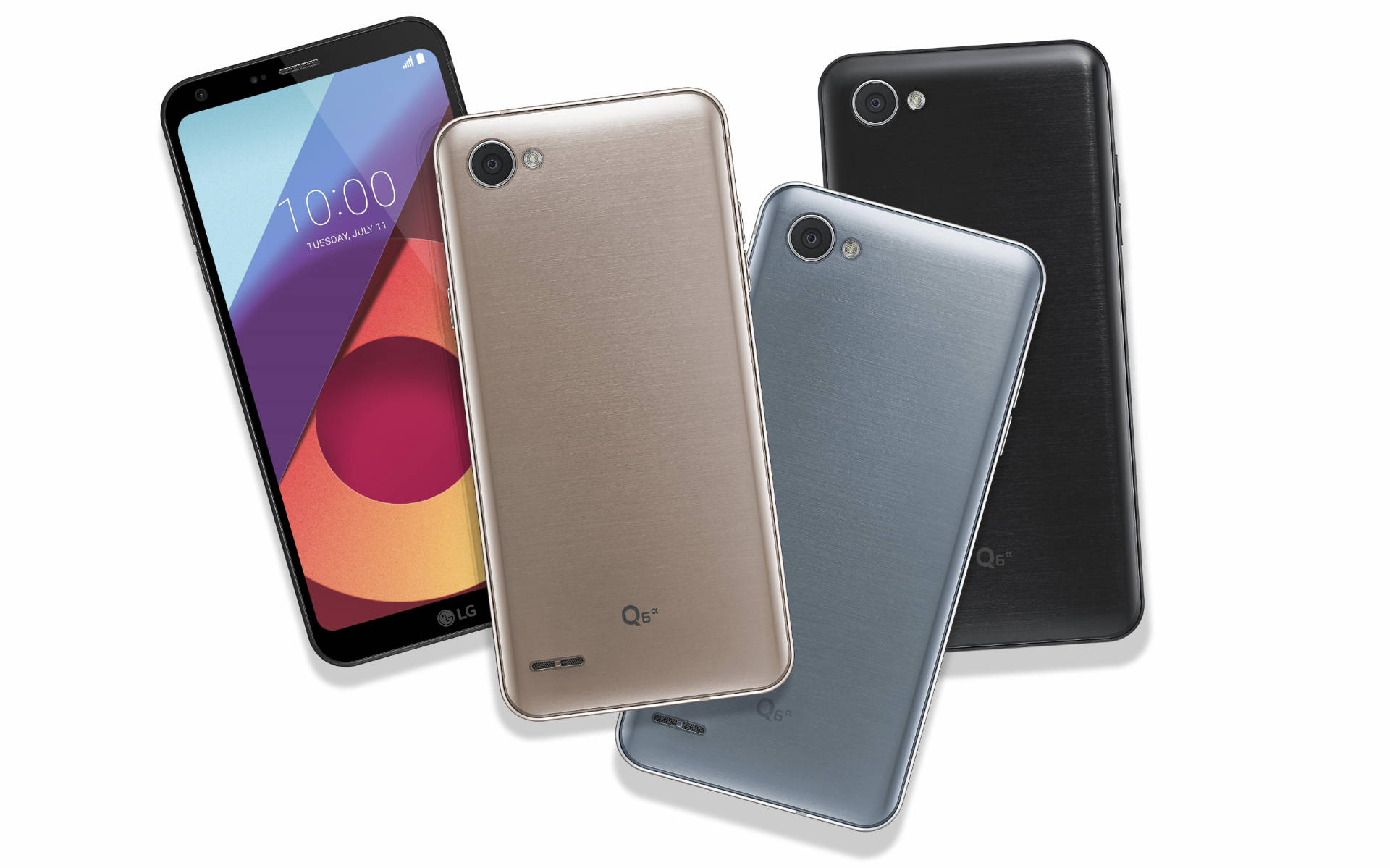
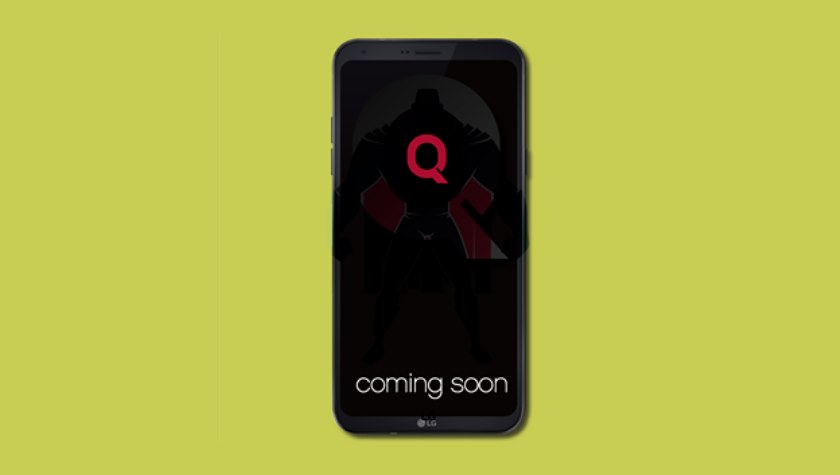
Perhaps that’s why we were excited to take the LG Q6 for a spin. With the Q6, LG, a manufacturer primarily associated with high-end smartphones like the G6 and V30, has brought their FullVision display technology to the low-end smartphone segment, as predicted.
This raises an important question: was LG able to implement such technology on a shoestring and still create a smartphone well-rounded enough to be worthy of your consideration? Let’s find out with our comprehensive LG Q6 review!
Design
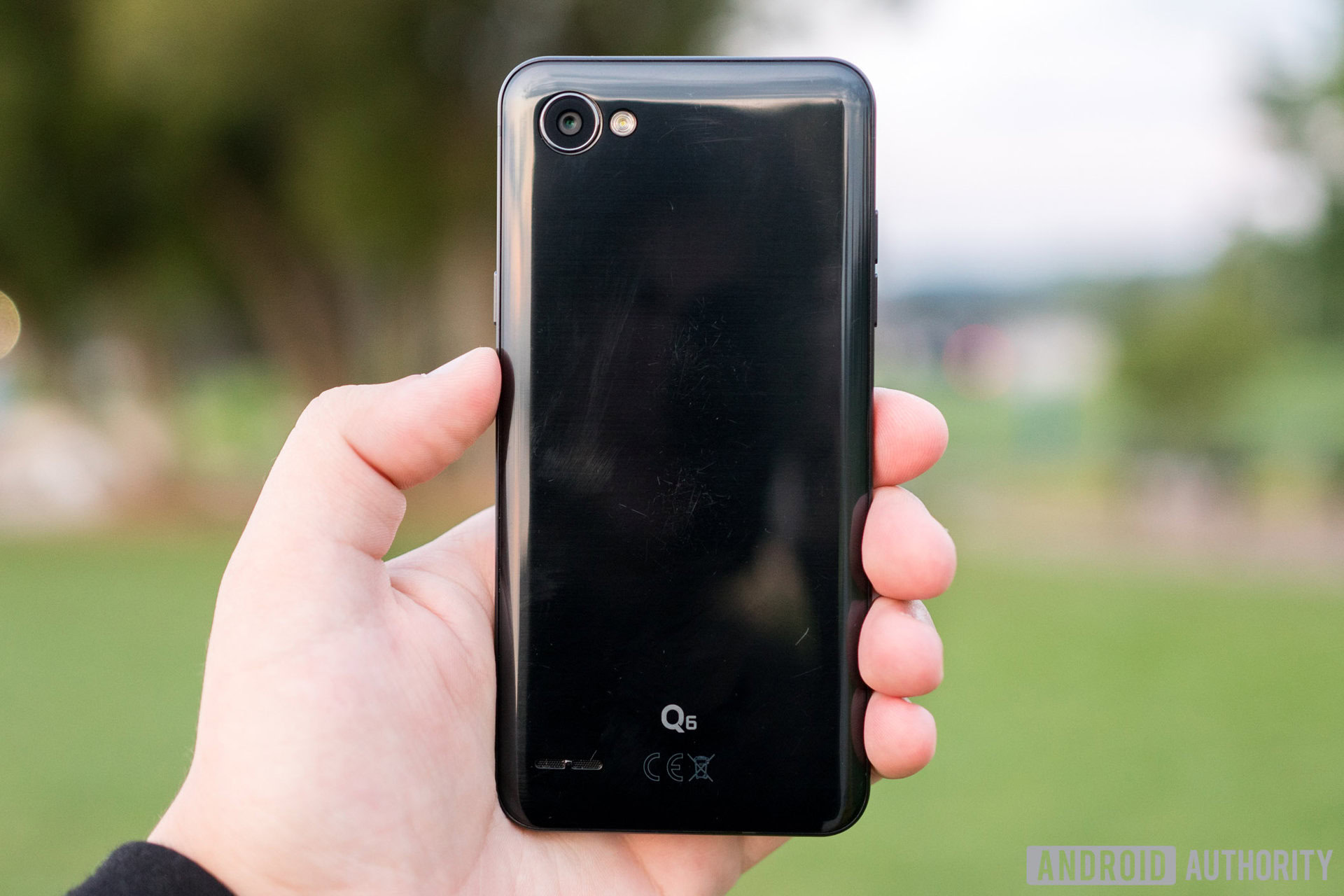
The LG Q6 looks similar enough to the LG G6 to align with LG’s design language, but also does a few things differently to avoid being overly derivative. Yes, the Q6 shares the same front design with minimal bezels, a premium metal frame, and a glossy back. If you take a closer look, however, you will notice some important distinctions.
This time around, the glossy back is plastic instead of glass. Plastic does have a couple advantages. It’s much less likely to crack if you accidentally drop the phone. It’s also cheaper to manufacture, which surely helped LG keep the Q6 affordable.
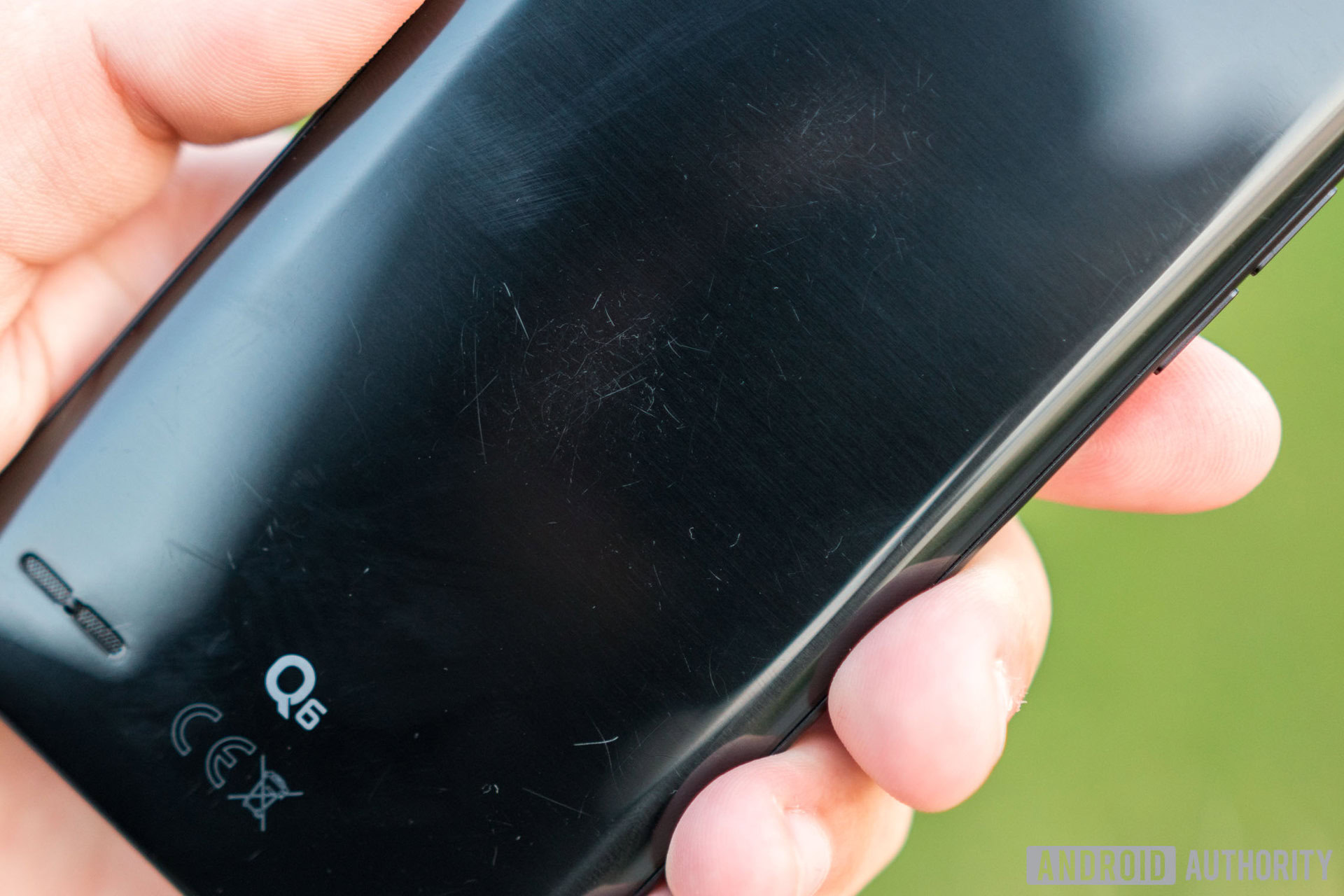
With that said, the Q6’s plastic back is not quite as premium as the G6’s glass back. It scratches very easily and doesn’t do much to hide fingerprints. For these reasons, we’d suggest considering a third party case in order to better protect your investment.
The rear camera configuration has been reduced to a single lens with the Q6. LG decided to place the lens in the top left corner instead of the top center, likely as a way to make the design appear just slightly more minimal.
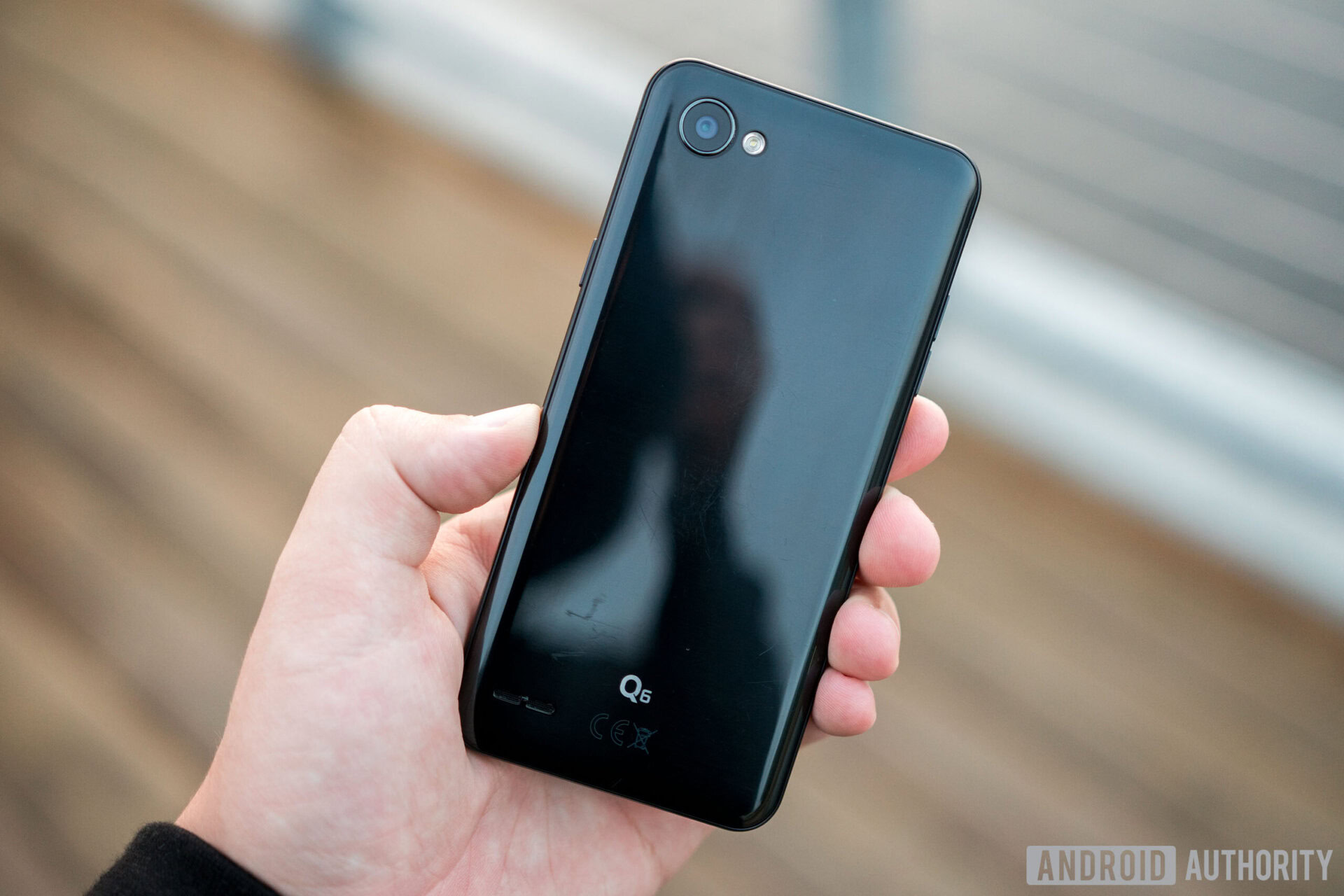
This is especially plausible when considering the Q6’s lack of a fingerprint reader. Yes, you read that correctly; there is no fingerprint reader on this device. This could certainly be a deal breaker for some. After all, phones costing half as much even manage to include this important asset.
LG’s answer to this exclusion is to instead use the Q6’s face recognition feature. This feature works by comparing the front-facing camera’s input to a saved profile of your face which you setup in the phone’s settings. This sounds like a great substitute, but does not work well in practice.
The face recognition feature is quite frankly a sorry alternative for a fingerprint reader
In a dark room? Recently shaved your face? Styled your hair differently? Prepare to enter your password manually, as the face recognition won’t be able to recognize you. Add in the increased security risk of using this feature to authenticate, and this is quite frankly a sorry alternative for a fingerprint reader.
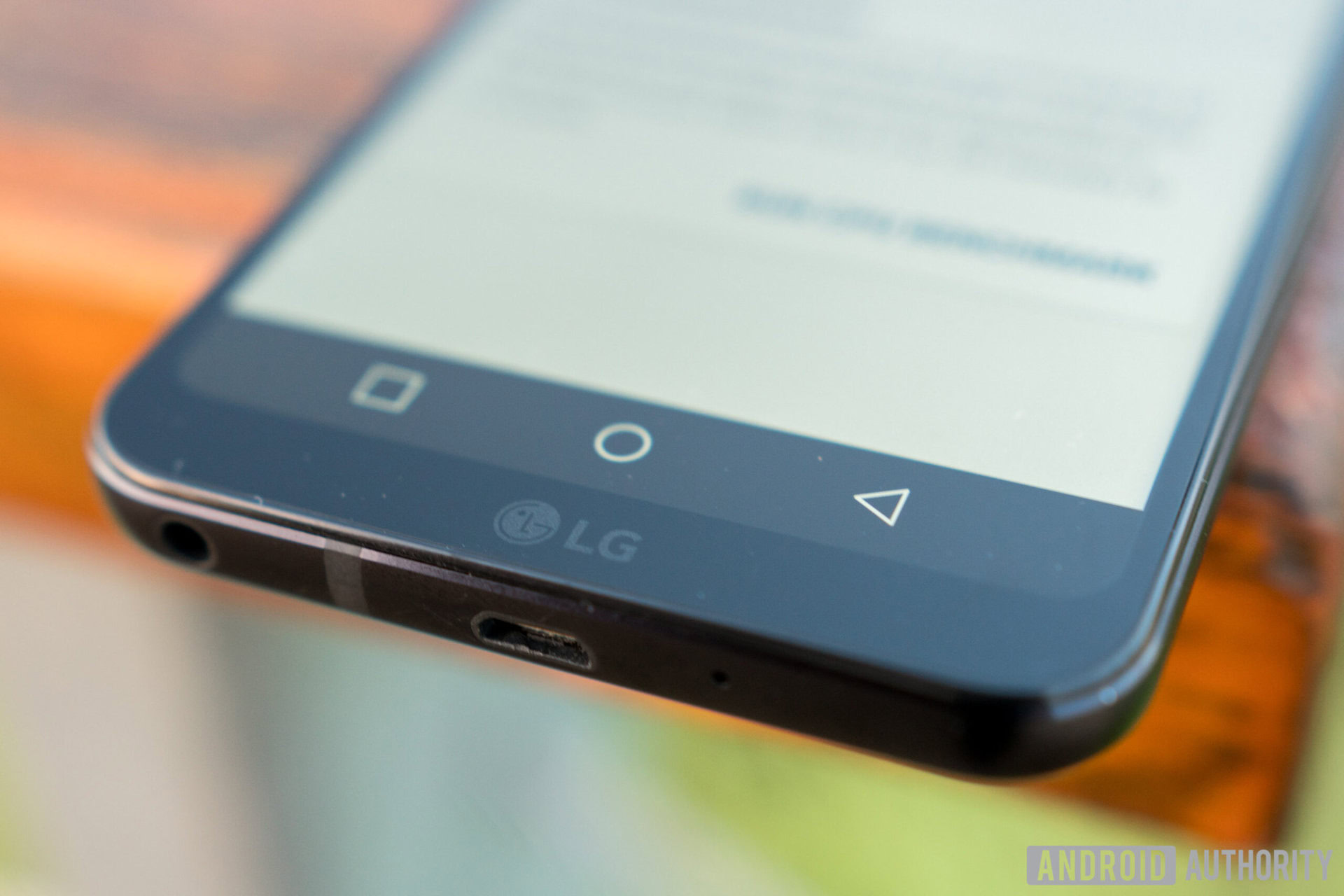
With that said, if you can get over not having a fingerprint reader you’ll generally appreciate the Q6’s design. Most impressively, the build quality is better than that of your average cheap phone. The Q6’s solid build makes it apparent that LG did more than just slap on their brand name.
Speaking of branding, the Q6’s is beautifully discrete. A single small “LG” logo blends in extremely well with the front black bezel. This is a nice change from some other phones on the market today.
Display
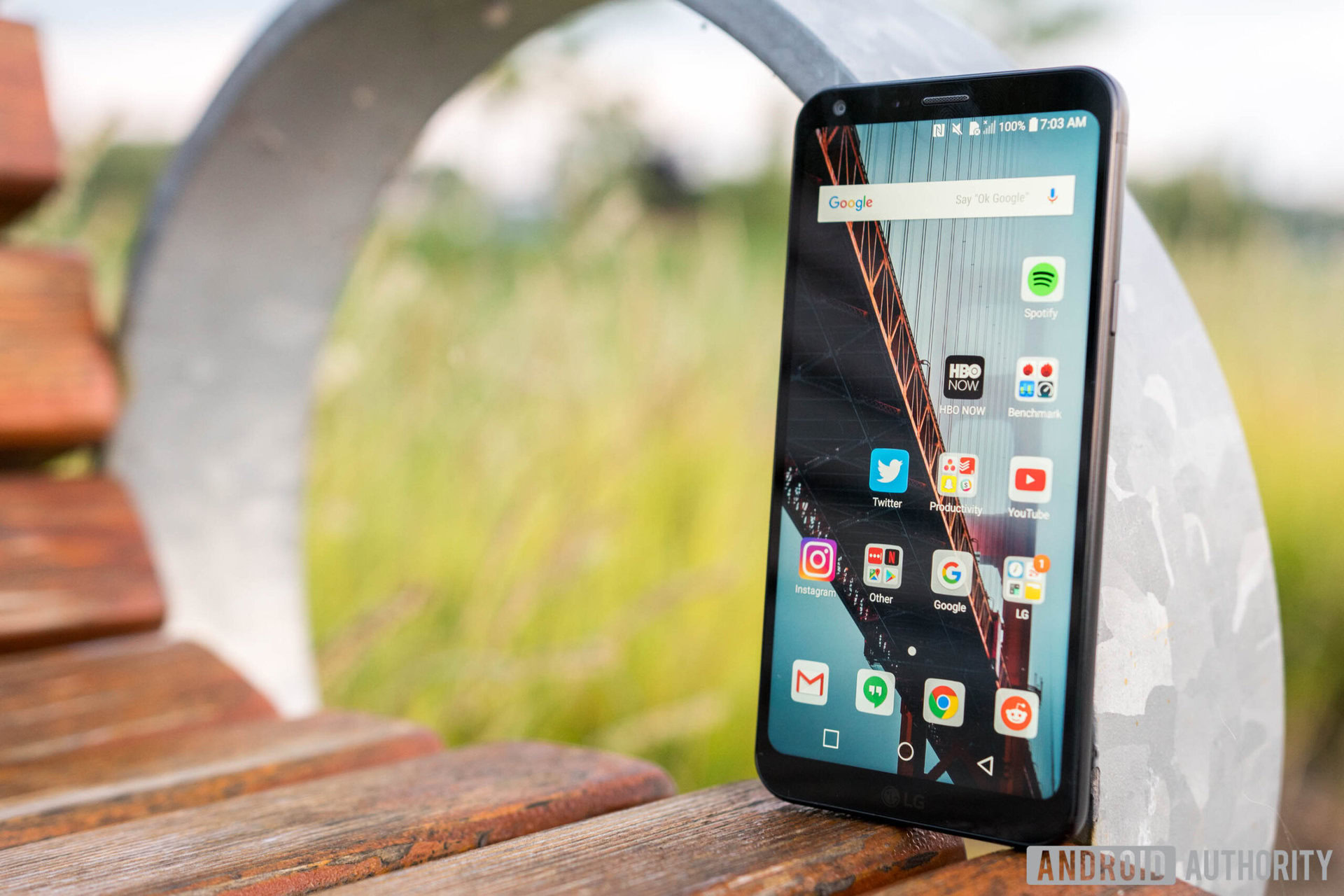
One of the LG Q6’s main selling points is its FullVision display. You may recall this same technology from the LG G6. The Q6’s display is similar in that it offers the same 18:9 or 2:1 aspect ratio, has elegantly curved corners, and leaves a near bezel-less footprint.
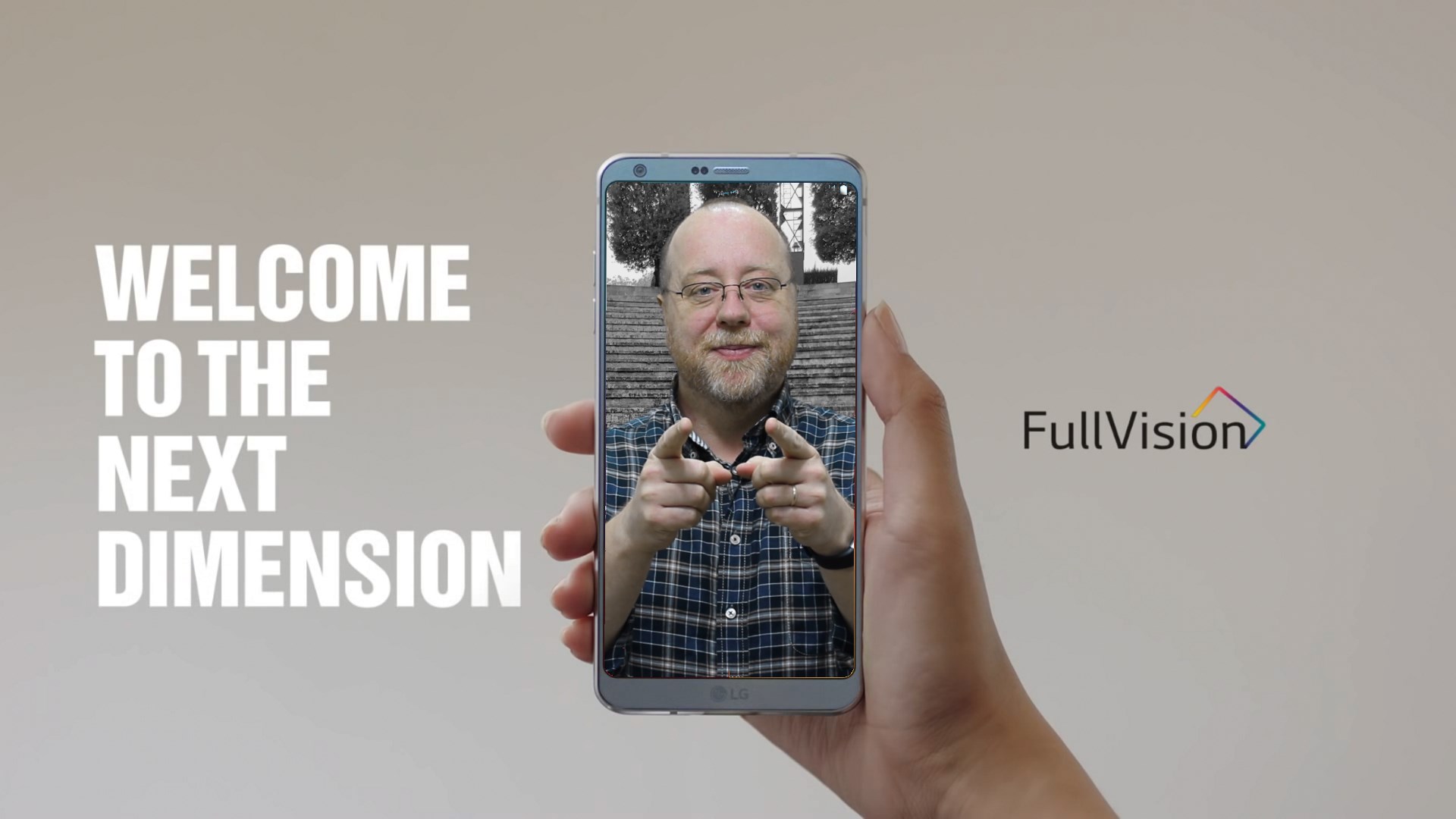
The display size has also been bumped down to 5.5-inches from the G6’s 5.7-inches. This smaller size combined with the compact bezels allows the LG Q6 to be surprisingly small.
The Q6’s compactness is one of our favorite aspects, as it makes the phone considerably easier to use, especially with one-hand. You’ll be hard pressed to find another phone in this price range with a screen-to-body ratio this good.
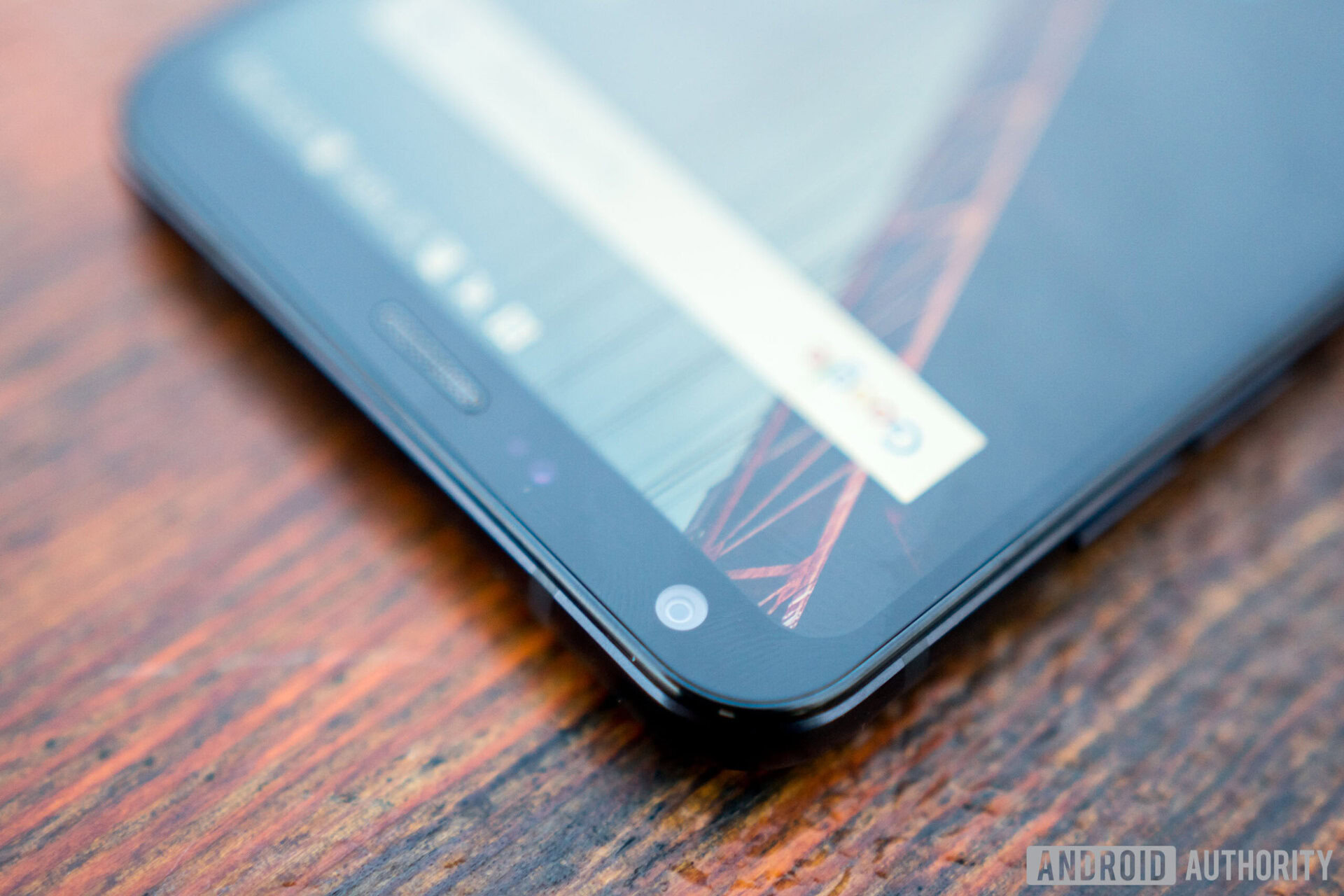
LG has once again proven that it knows how to deliver a quality display
The display itself is better than we expected too. It’s a 2160 x 1080 IPS LCD panel, and provides good contrast levels and accurate color reproduction. There’s just the right amount of saturation to make colors look vibrant enough but not oversaturated. LG has once again proven that it knows how to deliver a quality display, even when cost is a constraint.
Sunlight readability isn’t the best, but that’s pretty much the norm at this price point. The display is also coated in Gorilla Glass 3, which might be disappointing for anyone hoping for Gorilla Glass 5, but both generations have similar scratch resistance, with Gorilla Glass 4 getting thinner and Gorilla Glass 5 being better at impact resistance while maintaining a similar level of scratch resistance as their predecessor.
Performance
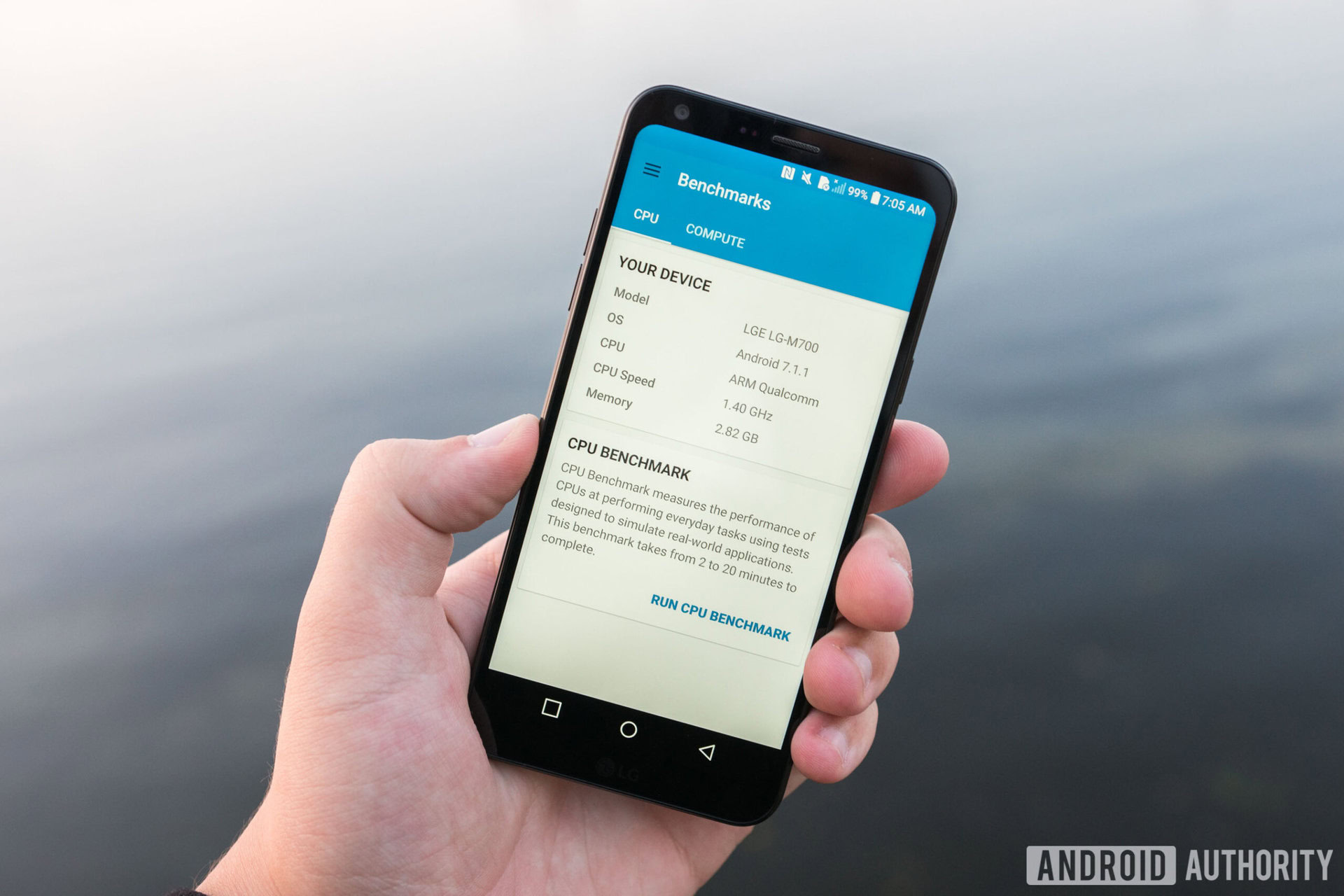
Under the hood, the LG is packing an octa-core Qualcomm Snapdragon 435. We won’t sugar coat it — the Snapdragon 435 is a pretty low-end processor. It’s better than some MediaTek chips out there, but it’s far from impressive on paper.
With that said, the LG Q6 is a very capable performer day-to-day. It’s not unbearably slow and unless you compare it directly next to a more expensive phone, you may not notice enough of a difference to make it feel agonizingly sluggish.
The integrated Adreno 505 is one of the better GPUs available at this price, so you won’t have any issues with casual mobile gaming. There’s also 3 GB of RAM, which will be enough for most users.
Hardware
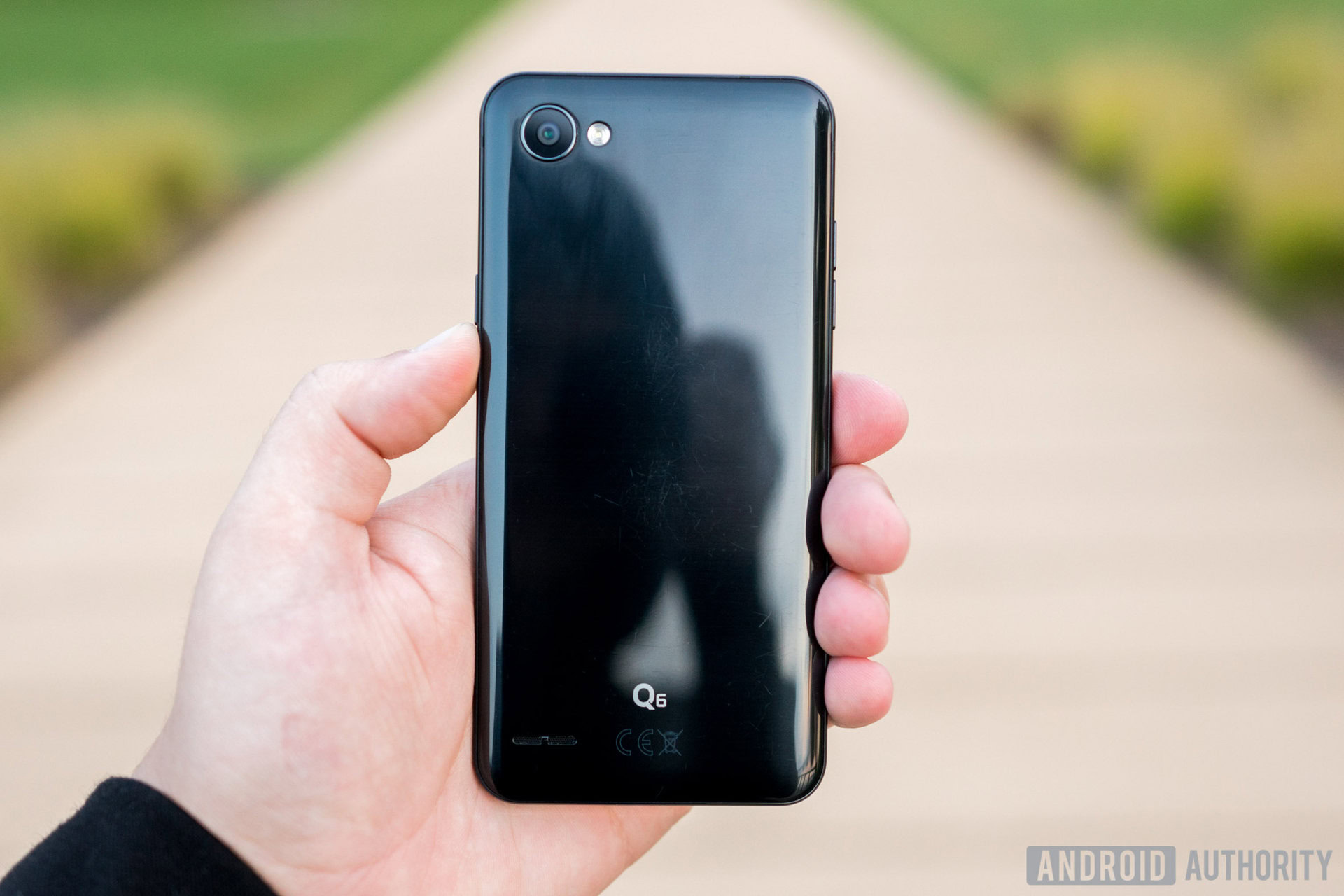
Interestingly, the LG Q6 will be sold in both single and dual SIM variants. Our unit came unlocked out of the box, but we’re not sure whether LG will partner with some wireless providers in the future to offer customized carrier variants. Either way, you’re getting a microSD card slot so you can expand the phone’s 32 GB of internal storage if needed.
One of the more disappointing aspects of the Q6 is its distorted-sounding rear-facing speaker. It’s been a while since I’ve seen this configuration and for good reason: audio output is almost always flawed when it’s projecting away from your face.
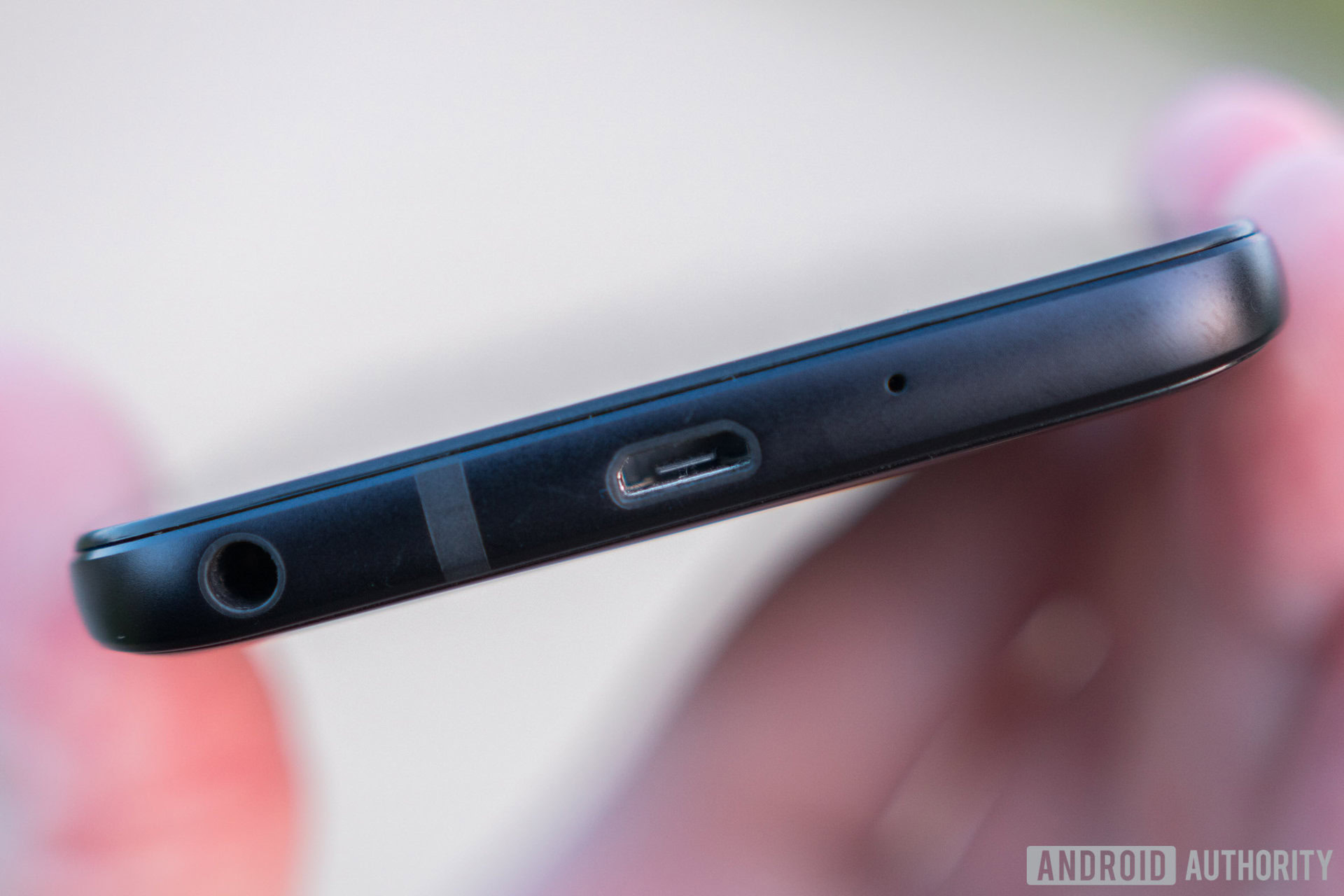
It’s also quite difficult to avoid covering the speaker when placing the phone on a flat surface. Unfortunately, you really get what you pay for here. Luckily, all is not lost as you can still use your standard audio accessories with the Q6 since it features a 3.5mm headphone jack.
LG also decided to stick with a microUSB port
LG also decided to stick with a microUSB port. We understand that some users may not want to upgrade to the new reversible USB Type-C standard. However, it has been out for around two years now and many people have already switched, so we’re going to chalk this up as a negative.
Battery life
Full disclosure: we were unable to connect to United States 4G LTE networks during our review period as our review unit did not support the proper network frequencies. You won’t have to worry about this when officially purchasing the LG Q6, but we must note that our test results are likely inflated.
With moderate use, the 3,000 mAh battery should be able to get you a full day of use with about four hours of screen on time. That’s pretty good, but not surprising considering how power efficient the Snapdragon 435 processor is.
The phone charges to 50 percent in around 45 minutes
While LG isn’t advertising any fast charging technology for the Q6, we found the phone charges to 50 percent in around 45 minutes. That’s certainly not a bad charging rate given how affordable the Q6 is.
Camera
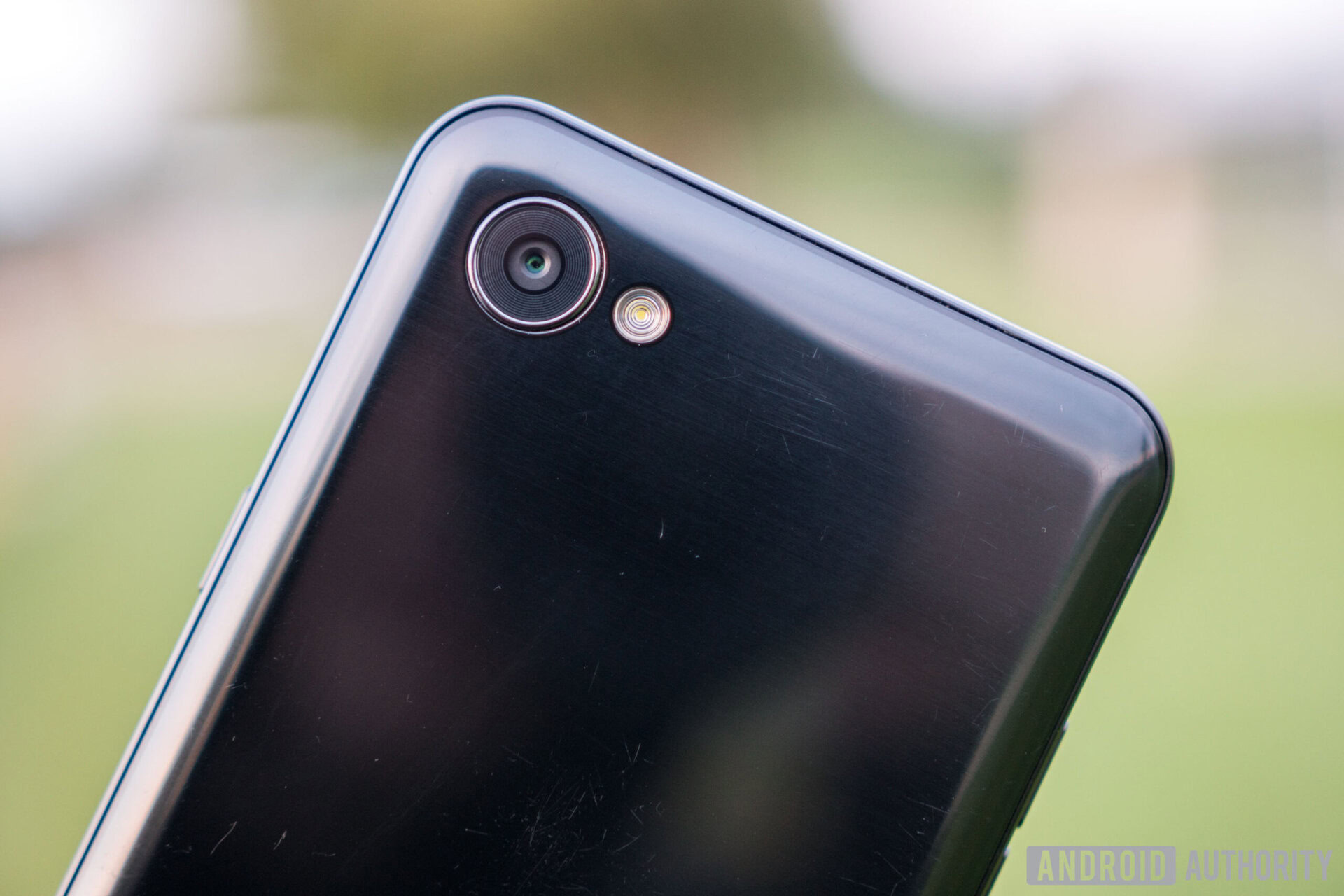
The LG Q6 sports a single 13 MP f/2.2 rear camera. The Q6 not only loses the G6‘s adored dual-lens setup, but also its flagship level quality.
The camera is a bit slow to capture images
As the saying goes, you get what you pay for. That’s especially true with the cameras here. We should preface our sample images by stating that the camera is a bit slow to capture images.
This is problematic as it prevents you from capturing a sequence of images in a short period of time, so you could very well miss a key moment. The slower camera can also cause motion blur if you don’t have a near perfectly steady hand, which you can see in some of our samples images.
Images taken in good lighting are decent looking. Generally, color reproduction is very good and there’s a decent level of detail. Dynamic range leaves something to be desired, but that’s to be expected at this price point.
Most of these images are good enough for social media platforms. However, if you use your phone’s camera frequently, you may want to consider buying a more expensive smartphone instead.
Our low-light sample images are sadly of significantly lower quality. There’s a bunch of digital noise, images aren’t as detailed, and color reproduction takes a considerable hit.
To be fair, we have yet to see a low-end phone camera perform well in low-light conditions. Still, this is something to keep in mind if you’re able to pay a bit more.
You can record up to 1080p videos with the LG G6, but the video quality is not very good. Please see our video review, linked above, for a sample clip.
The front facing 5 MP f/2.2 camera also isn’t great. As you can see, the selfies are quite blurry and color reproduction isn’t all that accurate.
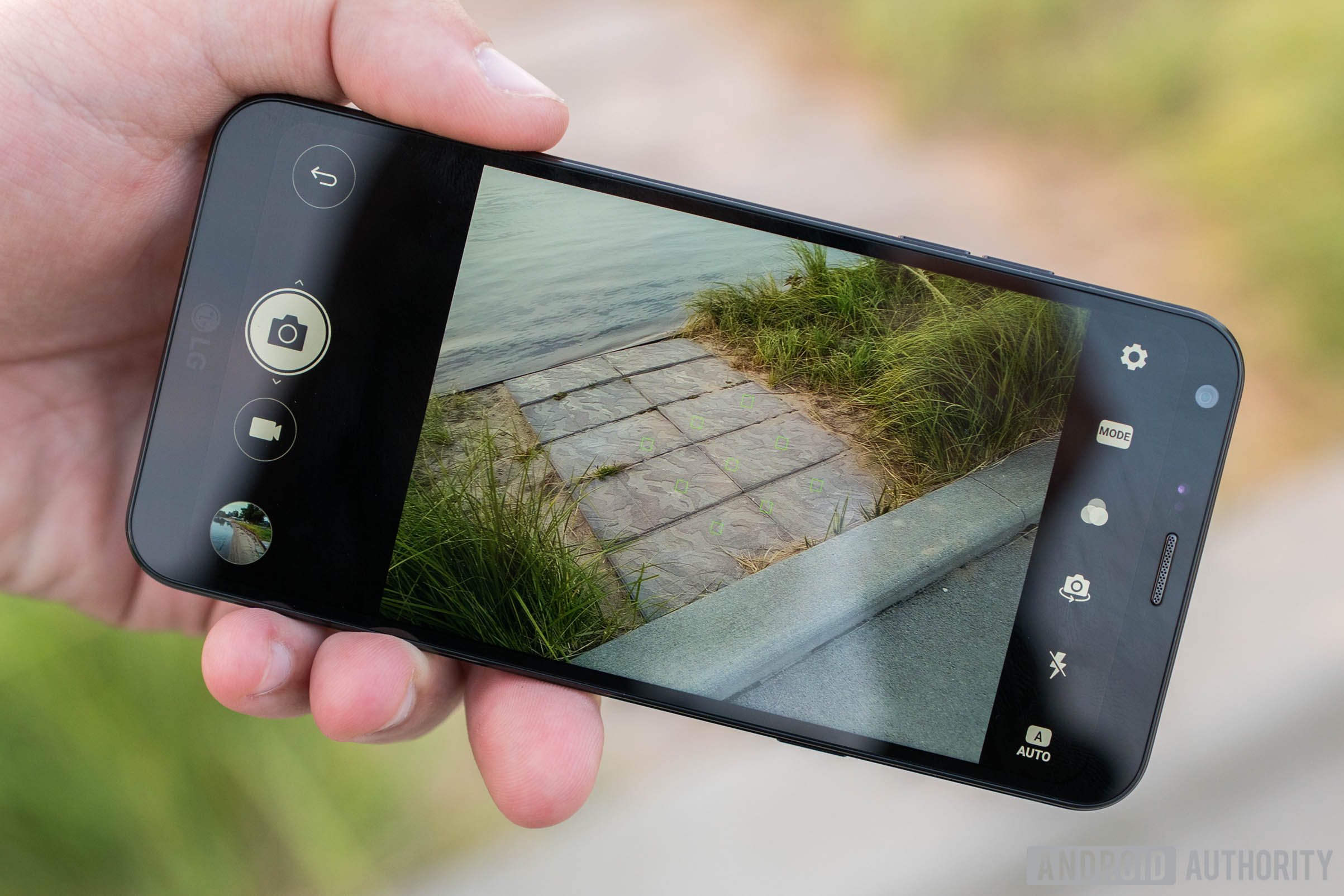
LG’s built-in camera app provides a basic shooting experience. There are a number of filters as well as three different modes: auto, panorama, and food. Unfortunately, there is no manual mode. We don’t consider this to be much of a drawback since professional photographers will almost certainly gravitate towards more expensive options.
Software
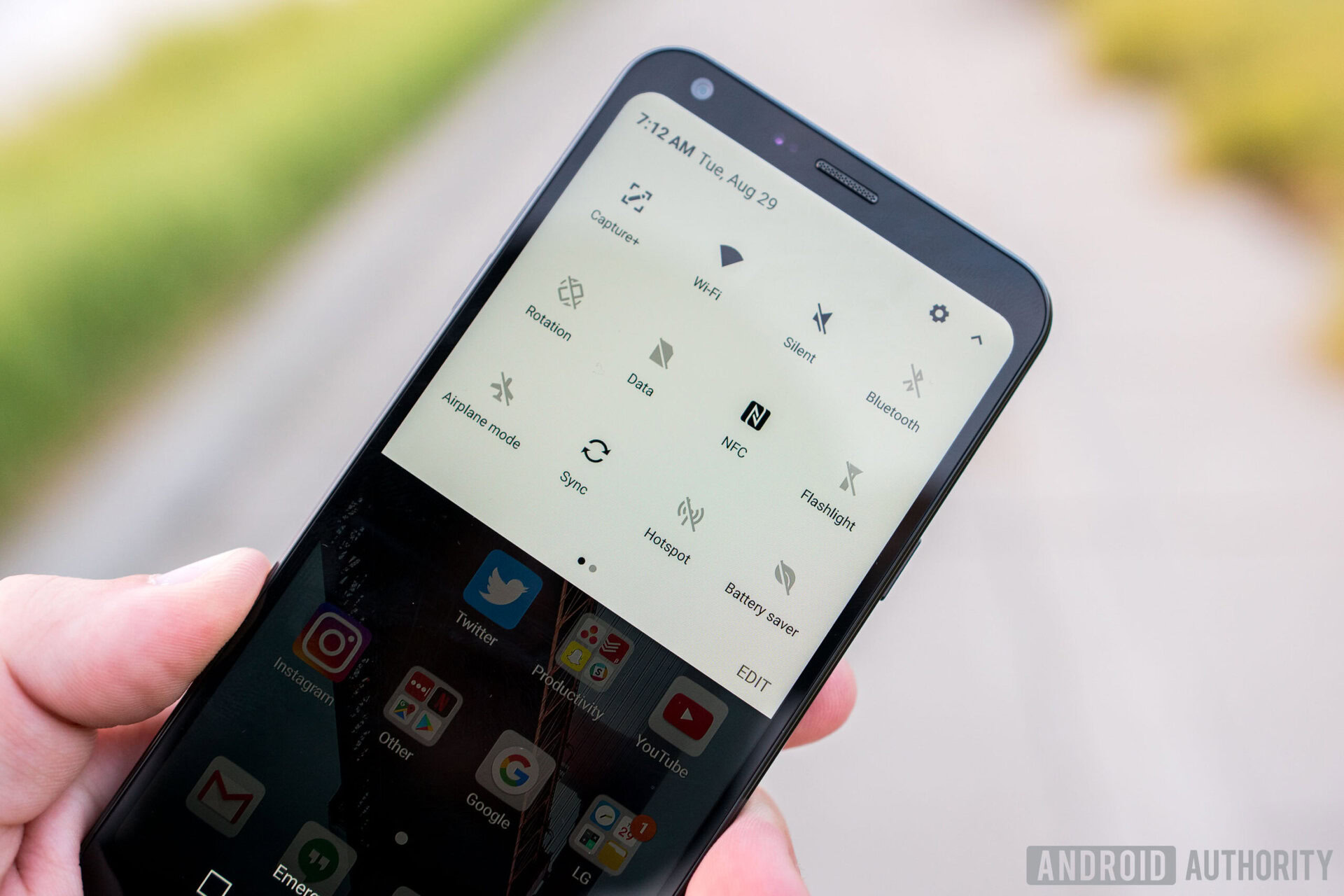
As expected, the LG Q6 ships with Android 7.1.1 Nougat with LG’s UX 6.0 layered on top. This is the same software that’s on the LG G6.
LG’s software isn’t all that different from stock Android. Instead of adding their own unique software features here, LG has differentiated by making some minor design tweaks. For example, there’s no app drawer by default, the settings menu is organized by tabs, and the system apps have their own designs.
There is also Nougat’s split-screen multitasking feature on board, so you can use two apps at once. The Q6’s 18:9 display really shines in this area, as there is enough vertical space available to comfortably fit in two apps.
Many users will appreciate LG’s balanced approach to the software
We are sure many users will appreciate LG’s balanced approach to the software. This approach has left a solid, polished software experience, which cannot be said about all phones in this price category. With the LG Q6’s software, you get exactly what you expect. Nothing more, nothing less.
Specifications
| LG Q6 Plus | LG Q6 | LG Q6a | |
|---|---|---|---|
Display | LG Q6 Plus 5.5-inch 18:9 FHD+ FullVision display 2160 x 1080 resolution 442 ppi | LG Q6 5.5-inch 18:9 FHD+ FullVision display 2160 x 1080 resolution 442 ppi | LG Q6a 5.5-inch 18:9 FHD+ FullVision display 2160 x 1080 resolution 442 ppi |
Processor | LG Q6 Plus Qualcomm Snapdragon 435 Mobile Platform | LG Q6 Qualcomm Snapdragon 435 Mobile Platform | LG Q6a Qualcomm Snapdragon 435 Mobile Platform |
RAM | LG Q6 Plus 4 GB | LG Q6 3 GB | LG Q6a 2 GB |
Storage | LG Q6 Plus 64 GB | LG Q6 32 GB | LG Q6a 16 GB |
Cameras | LG Q6 Plus Rear: 13 MP Standard Angle sensor Front: 5 MP Wide Angle sensor | LG Q6 Rear: 13 MP Standard Angle sensor Front: 5 MP Wide Angle sensor | LG Q6a Rear: 13 MP Standard Angle sensor Front: 5 MP Wide Angle sensor |
Battery | LG Q6 Plus 3,000 mAh Non-removable | LG Q6 3,000 mAh Non-removable | LG Q6a 3,000 mAh Non-removable |
Network | LG Q6 Plus LTE / 3G / 2G | LG Q6 LTE / 3G / 2G | LG Q6a LTE / 3G / 2G |
Connectivity | LG Q6 Plus Wi-Fi 802.11 b, g, n Bluetooth 4.2 NFC USB Type-B 2.0 FM radio | LG Q6 Wi-Fi 802.11 b, g, n Bluetooth 4.2 NFC USB Type-B 2.0 FM radio | LG Q6a Wi-Fi 802.11 b, g, n Bluetooth 4.2 NFC USB Type-B 2.0 FM radio |
Software | LG Q6 Plus Android 7.1.1 Nougat | LG Q6 Android 7.1.1 Nougat | LG Q6a Android 7.1.1 Nougat |
Dimensions and weight | LG Q6 Plus 142.5 x 69.3 x 8.1 mm 149 g | LG Q6 142.5 x 69.3 x 8.1 mm 149 g | LG Q6a 142.5 x 69.3 x 8.1 mm 149 g |
Colors | LG Q6 Plus ASTRO Black, Ice Platinum, Marine Blue | LG Q6 ASTRO Black, Ice Platinum, Mystic White, Terra Gold | LG Q6a ASTRO Black, Ice Platinum, Terra Gold |
Gallery
Price
The LG Q6 is now available in India for 15,000 INR (≈$234). Color options include black, platinum, and gold. Availability in the United States is still to be determined.
LG has also announced a slightly lower-end Q6a and a slightly higher-end Q6 Plus. We expect that these devices offer similar overall experiences, with natural allowances for better or worse hardware. Again, your choice will likely come down to your budget.
Conclusion
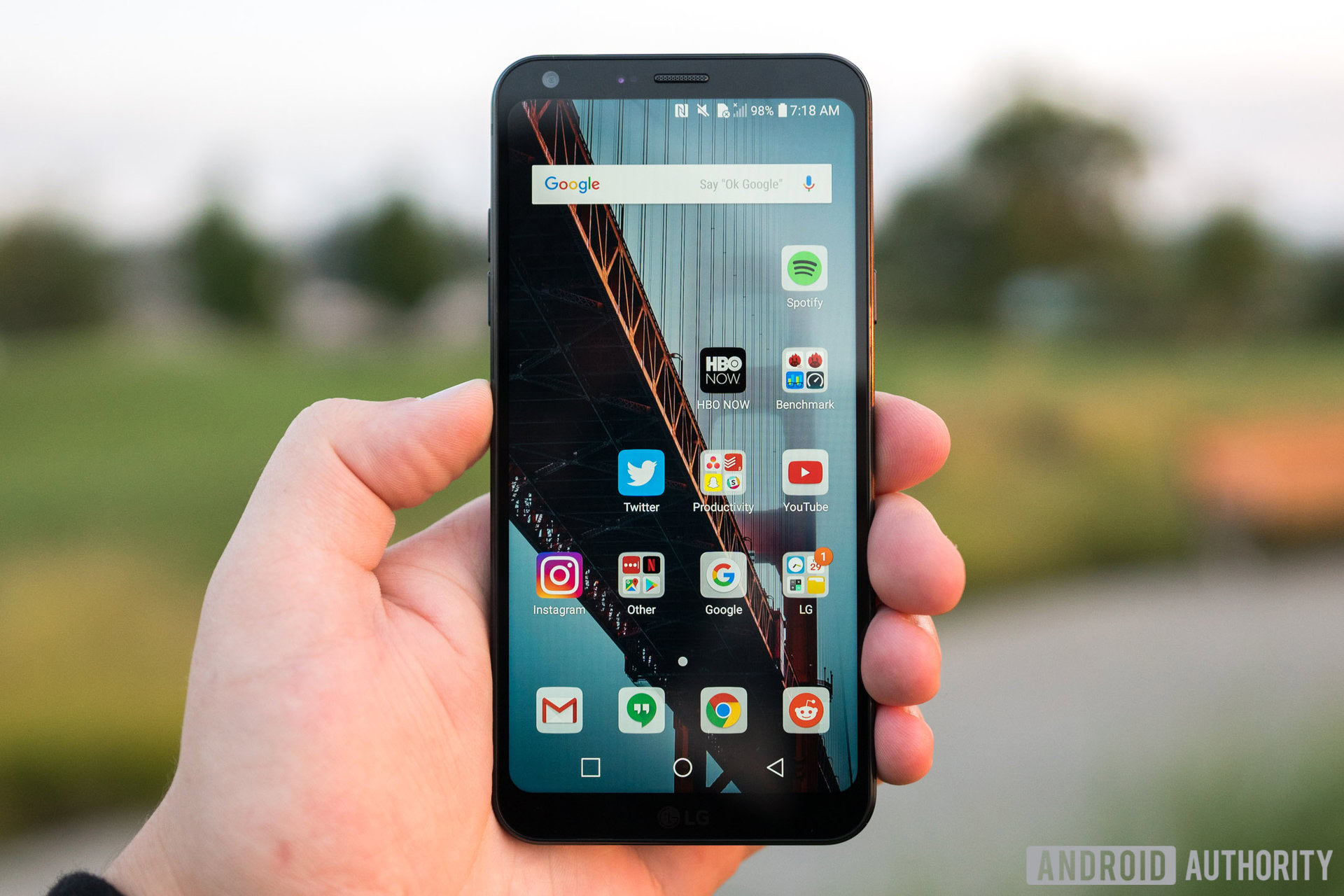
With the Q6, LG has successfully brought their FullVision display technology to a very accessible price point. The display’s 18:9 aspect ratio along with the phone’s minimal bezels truly make the Q6 stand out from its competitors. The phone’s compact size (despite its 5.5-inch display) and great software are also good reasons to buy this phone.
We cannot recommend the LG Q6, however. The lack of a fingerprint reader, unimpressive cameras, and other minor issues just make it tough to justify over competing options. Unless you really want a near bezel-less display for a cheap price, you will probably be happier with something else.
As always, please do leave any questions or comments below.